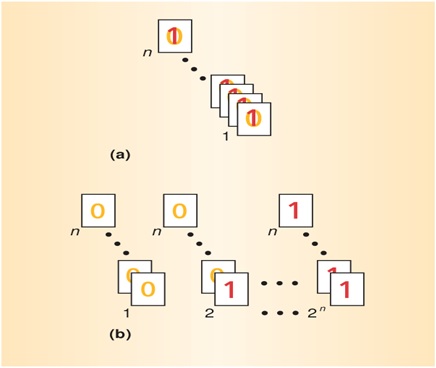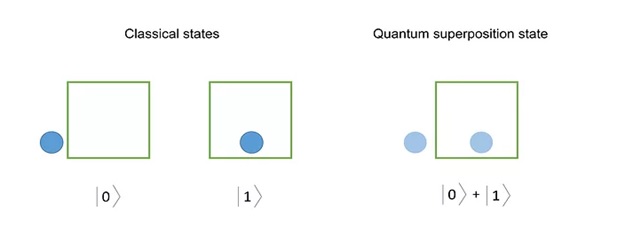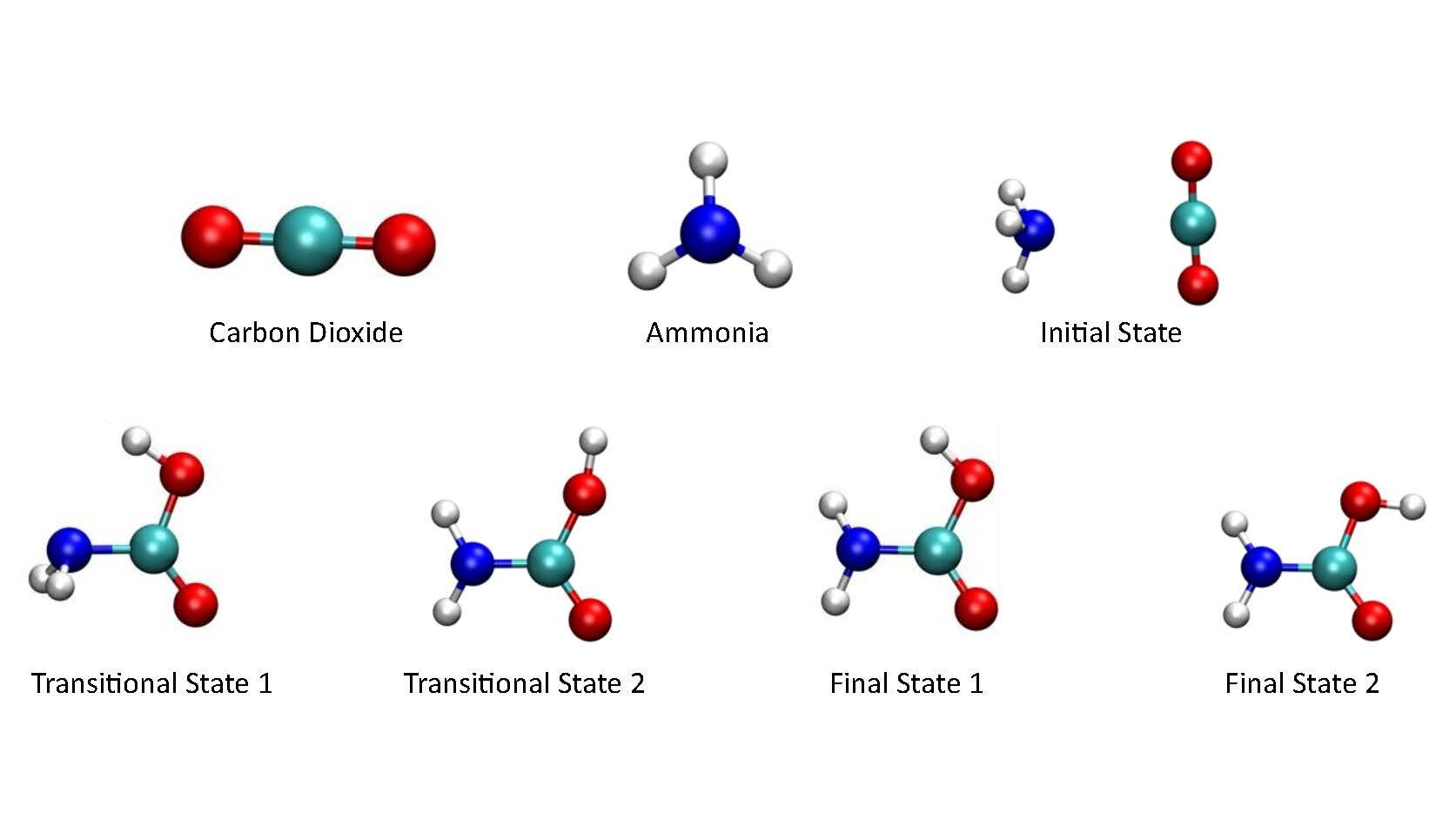ChatGPT and Quantum Computing collide
Quantum computing is an emerging field that combines principles from quantum physics with computer science to create powerful computers that can solve certain problems more efficiently than classical computers. While ChatGPT is based on the GPT-3.5 architecture, which is a state-of-the-art language model, it does not directly incorporate quantum computing.
Quantum computing can also be effective in working with fundamental models, such as ChatGPT. Certain early observations suggest that quantum computing can achieve comparable results to classical AI using less training data and has the potential to accelerate the training process for AI models.

Figure 1. ChatGPT and Quantum Computing collide
ChatGPT and Quantum Computing collide is shown in figure 1. Moreover, one of the biggest challenges in the field of AI is the tremendous amount of computational power required to train deep learning models. Traditional processors like CPUs and GPUs are slowly becoming inadequate as the complexity and size of the models continue to grow. Here, Quantum processors (QPUs), which theoretically require less power and generate less heat than classical processors, is emerging as a potential solution to the problem. [1]
Quantum Advantage
The main advantage of quantum computing is the ability to handle complex problem solving. By harnessing the quantum property of superposition, qubits can exist in an infinite yet contained number of states: 0, 1, or any combination of the two.
- Quantum computers excel at complex problem solving.
- The unique properties of qubits let them solve certain classes of problems faster and more efficiently than traditional computers.
- Quantum technology is advantageous for materials science, pharmaceutical research, subatomic physics, and logistics.
- Look out for quantum computing to have a large effect on AI in the coming decades. [2]
However, there is ongoing research and exploration into the intersection of quantum computing and natural language processing, which could potentially lead to the development of quantum language models. These models would utilize the unique properties of quantum computing, such as superposition and entanglement, to enhance language processing tasks.
One potential application of quantum computing in the context of chatbots like ChatGPT is the ability to perform complex natural language understanding and generation tasks more efficiently. Quantum algorithms, such as quantum machine learning algorithms or quantum natural language processing algorithms, could potentially be developed to improve the capabilities of language models like ChatGPT.
It's important to note that quantum computing is still in its early stages, and there are significant technical challenges that need to be overcome before it becomes practical for widespread use. The development of quantum language models and their integration with chatbot systems like ChatGPT is an area of active research, and it will likely take some time before we see the full impact of quantum computing on natural language processing applications.
References:
- https://analyticsindiamag.com/quantum-computing-meets-chatgpt/
- https://www.sdxcentral.com/security/quantum/definitions/technology/what-are-the-advantages-of-quantum-computing/
Cite this article:
Gokula Nandhini K (2023), ChatGPT and Quantum Computing collide, AnaTechMaz, pp.117















